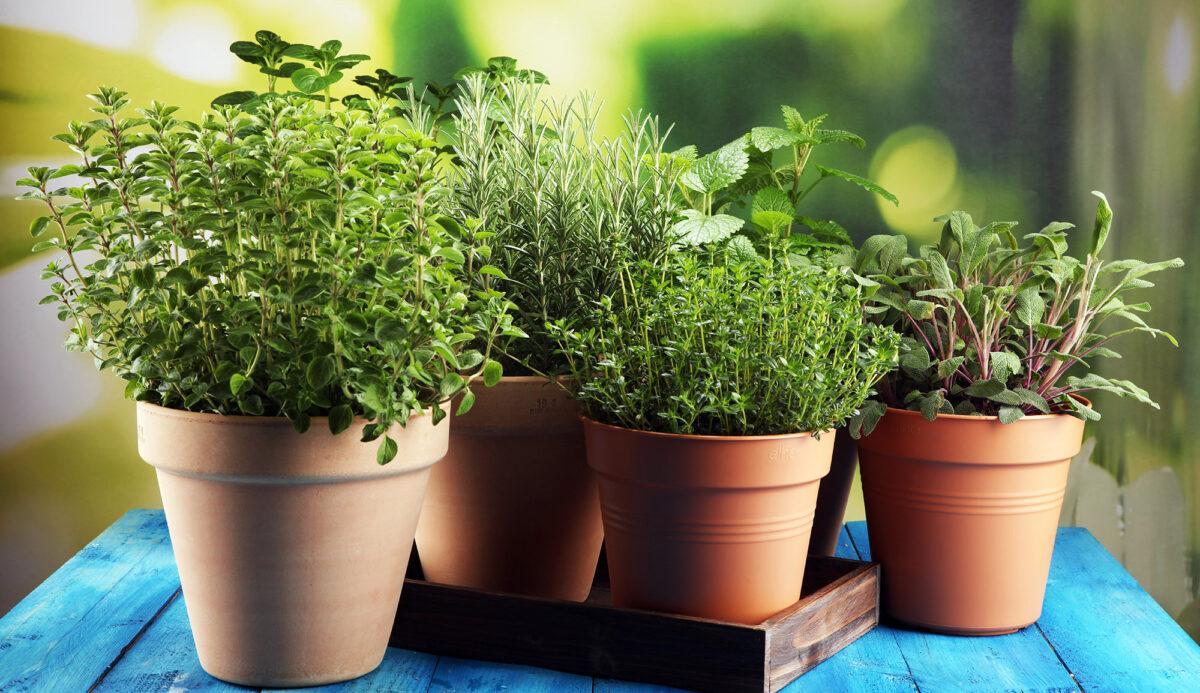The arrival of summer in Quebec marks the long-awaited return of local herbs to our gardens, farmers’ markets, and kitchens. Basil, cilantro, parsley, chives, mint… These flavorful little plants are invaluable allies for enhancing our dishes and fully enjoying the fresh produce of the season.
Quebec Summer Essentials
- Basil:
Perfect for salads, tomato sauces, and of course, homemade pesto. It loves warmth and grows well in pots. - Cilantro:
Ideal for Mexican and Asian dishes, and marinades. It grows quickly but can bolt (go to seed) in intense heat. - Mint:
Refreshing in cocktails, desserts, or infusions. Be careful, it’s invasive; it’s best kept in a pot! - Chives:
Delicate and easy to grow, they pair wonderfully with sauces, vinaigrettes, and grilled vegetables. - Parsley:
Essential in the kitchen, they add a touch of freshness to salads, tabbouleh, soups, and stews. - Dill:
Its unique flavor perfectly complements fish, cucumbers, potatoes, and dips. - Sage:
A robust herb with a woody aroma, it’s ideal for flavoring meats, stuffings, and comfort food. - Thyme:
Highly aromatic, it withstands heat well and thrives in stews, grilled dishes, or even infusions. - Oregano:
Essential in Mediterranean cuisine, it enhances tomato sauces, pizzas, and roasted vegetables. - Rosemary:
Woody and powerful, it perfectly complements grilled meats. It is also very resistant to heat and drought.
Storage Tips
As summer draws to a close, it’s the perfect time to stock up on fresh herbs. Properly stored, they’ll keep you going throughout the colder months, adding a touch of green and flavor to your winter dishes.
Here are three simple and effective methods for preserving aromatic herbs:
1-Freezing Whole
Some herbs freeze very well whole, retaining much of their texture and flavor after thawing. Simply place them in an airtight bag (lined with a paper towel if desired) and remove as much air as possible to prevent frost from forming. This method is ideal for more robust herbs, such as parsley, thyme, rosemary, chives, or dill.
However, more delicate herbs, such as basil or cilantro, tend to lose their texture and vibrancy when frozen this way. For these, it’s best to opt for another method, such as freezing chopped herbs or making pesto.
2-Freezing in Ice Cubes
This method involves freezing fresh herbs in ice cube trays by covering them with liquid.
Simply finely chop the herbs (such as dill, cilantro, or basil), distribute them in the ice cube trays, then cover with water or olive oil before placing them in the freezer. Once frozen, the cubes can easily be transferred to an airtight container or a freezer bag. They can then be added directly to a soup, sauce, stew, or hot pan, without even needing to thaw them first. This is an excellent way to prolong the freshness of more tender herbs while preserving maximum flavor.
3-Dehydrating
For this method, simply wash and dry the herbs, then arrange them in a single layer on the dehydrator trays. Set the temperature according to the type of herb, and let the machine do its work.
In a few hours, your herbs will be completely dry. Once dried, place them in airtight containers and use them in your favorite recipes.
